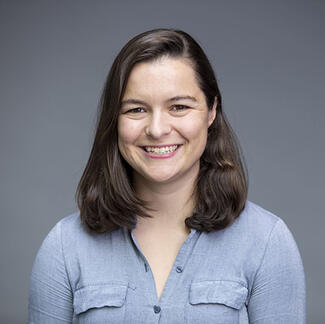
Chelsea Finn is developing robots to operate intelligently
Her research demonstrates how AI-powered robots have potential to overcome unexpected obstacles.
Professor Chelsea Finn has been working on developing a program called ‘OpenVLA’ which stands for Vision, Language, Action. The program allows AI-powered robots to have the potential to learn by being shown.
The robot is powered by a teachable AI neural network. The neural network operates how scientists believe the human brain might work — mathematical "nodes" in the network have billions of connections to each other in a way similar to how neurons in the brain are connected together. "Programming" such a network is simply about reinforcing the connections that matter, and weakening the ones that don't.
In practice, this means researchers can train the OpenVLA model how to do a bunch of different tasks, simply by showing it.
Chelsea envisions a world in which robots can quickly adapt to do simple jobs, like making a sandwich or restocking grocery shelves. Contrary to the current thinking on robotics, she suspects that the best way to get there might be to train a single model to do lots of different tasks.
"We actually think that trying to develop generalist systems will be more successful than trying to develop a system that does one thing very, very well," she says.
Excerpted from NPR, 'ChatGPT can help write an essay. Scientists want it to start folding laundry'